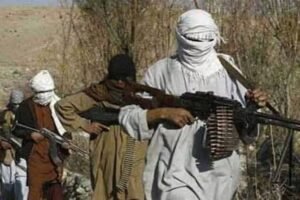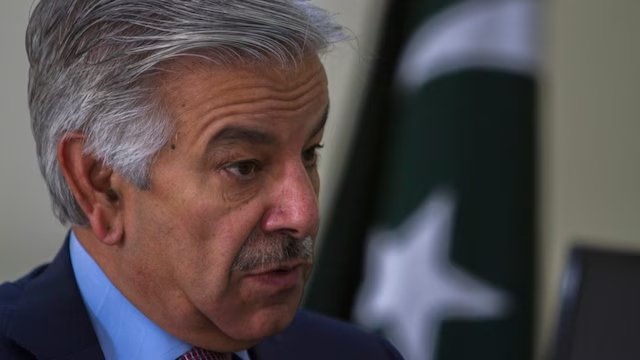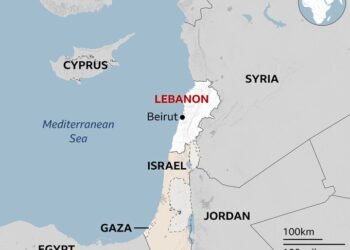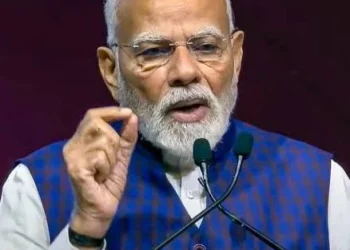‘Either we survive or no one does’. Pakistan’s Defence Minister Khawaja Asif, who is infamous for making controversial statements, has made another inflammatory remark about India.
Post the Pahalgam attack, India is bent on taking strict action against Pakistan and it seems Pakistan’s top officials are already scared of the upcoming threat.
Khwaja Asif, who had previously speculated that New Delhi may soon launch a military strike along the Line Of Control in Jammu and Kashmir, has warned India against taking any military action against Pakistan. In his statement he warned that if India attacks on Pakistan and its existence comes under threat, nobody in this world would survive. “If India dares to attack Pakistan and Pakistan’s existence comes under threat, nobody will survive in this world,” is what exactly Asif said.
Sick mentality of Pakistani leaders on display
Asif also compared the scenario to the Israeli military operation in Gaza, stating that Israeli Prime Minister Benjamin Netanyahu and his associates are employing the same mindset. “If this were to happen to us… if our existence is in danger, then either we survive, or no one does,” he added.
Asif’s remark is yet another reminder of the sick mentality of Pakistani officials who have time and again launched scathing attacks on India and used foul language to hide their evil intentions.

Earlier Pakistan’s Army Chief Asim Munir had made some inflammatory remarks against Kashmir. In his statement, Munir stated that Kashmir is Pakistan’s “jugular vein”, and vowed Pakistan would “never abandon Kashmiris in their heroic struggle against Indian occupation.” These type of stupid and irresponsible remarks only add to aggravating the already tense situation between the two countries.
Pakistan- The Godfather of Terrorism

Pakistan has time and again been accused of being involved in various terror activities outside of its land. Direct or indirect connections of Pakistan with terrorism have time and again evolved though it has never admitted to be involved in all these. Statements like that of Khawaja Asif only go on to validate the fact that Pakistan is the torch-bearer of terrorism.
There have been numerous terror groups who are operating in Pakistan and are involved in carrying out terror activities not only in India but the entire world.
Pakistan’s employment of terrorism to attain its geopolitical objectives is not a recent occurrence. Terrorism has been a component of Islamabad’s aggressive strategy since gaining Independence. Ever since the partition in 1947, Pakistan supported militant groups have carried out assaults on the Indian land.
In 1993, a number of explosions resulted in 267 fatalities in Mumbai, the financial hub, and Pakistan still provides refuge to its architect, Dawood Ibrahim, despite international sanctions.
In 1999, as conflict erupted in Kargil, Pakistani militants once more crossed the border. They first denied any connection, but later evidence surfaced, proving that terrorists they had trained had entered Indian territory.
In 2001, the assault on the Indian Parliament was orchestrated by the Pakistan-affiliated Jaish-e-Mohammad. In 1999, India released the mastermind Masood Azhar in return for the hostages of a plane that terrorists had hijacked and landed in Kandahar.
There are numerous such instances of Pakistan-sponsored terror activities which it has time and again refused to admit.
A flurry of brazen threats
Previously, Pakistan’s Minister of Information and Broadcasting Attaullah Tarar claimed that India plans to conduct military operations against Pakistan within the next 24-36 hours, citing “credible” intelligence information.
In addition to the series of brazen threats, Asif had previously pledged to “demolish” any construction by India aimed at diverting water intended for Pakistan under the Indus Waters Treaty. He had warned of a “total war” between India and Pakistan regarding the Kashmir dispute.
These threats by Pakistani ministers only go on to show their sick mindset. While not directly related to the violence, these comments have been analyzed and seen as a move toward a more aggressive stance, from them and their institution.














